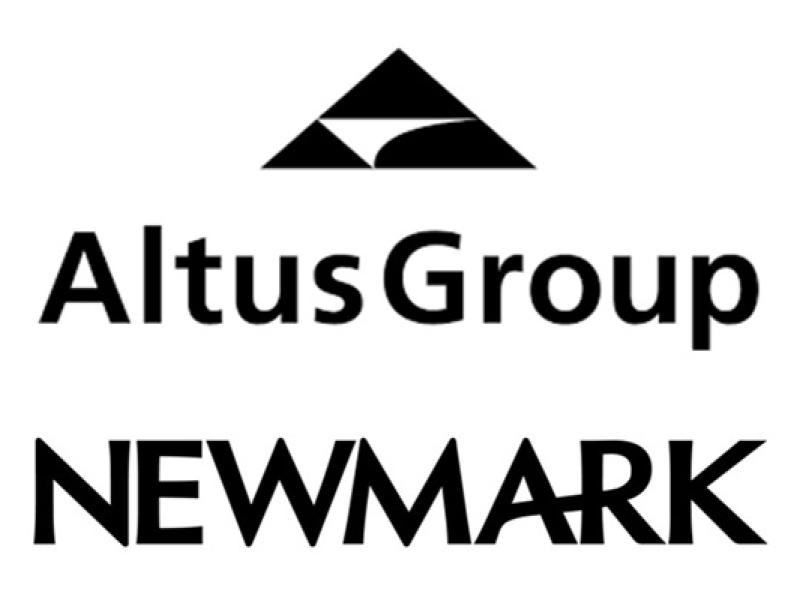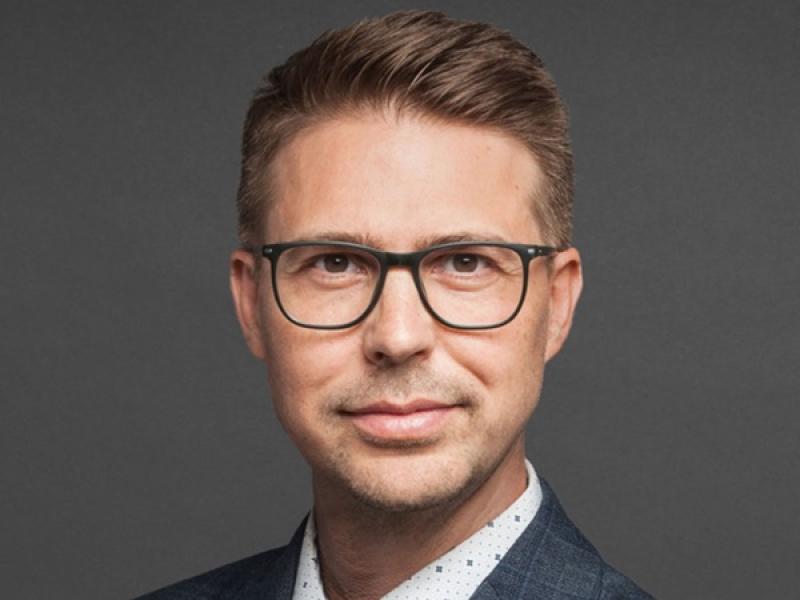
In what has been described as an “innovative” financial deal, two mortgage companies have partnered to buy a Kitchener, Ont. condo tower project out of receivership and restart the stalled building process.
The Elevate project fell into financial difficulties about 18 months ago but was recently purchased by mortgage lender Dorr Capital, alternative investment firm Gentai Capital, and builder ELM Developments, which will facilitate the project’s resumption.
“We happened to have done some advisory work on it early in the process and then we knew all the contacts because we’d worked with them; we knew all these main players as the stakeholders, so we saw this happen,” Brian Dorr, president of Dorr Capital, told RENX in an interview.
“We reached out because we had a lot of experience doing default work and what we did is, we tried to organize a deal to save the project,” he said.
The deal was completed for around $75 million, according to Dorr Capital. Gentai Capital is the majority shareholder and it provided a loan to complete the project, while Dorr Capital’s role is working with ELM Developments to get it done. It was purchased from 1776411 Ontario Ltd.
The transaction received court approval on Oct. 8, and it is expected to close sometime later in the month.
The proposed four-tower Elevate project will include 15-storey towers A and B and 12-storey towers C and D. It promised to deliver 622 new homes.
Dorr Capital's motivation to get involved
“We saw the value in completing it, we also highly value protecting investors. I saw a situation where I was helping a number of lenders that I work with, and that was important to us as an industry partner. So there was a lot of motivation there,” Dorr said.
As well, the financiers are hoping to make a return on this investment, he added.
“We also saw . . . the project could still be profitable — albeit maybe not super profitable — but it’s enough to get all the lenders paid back, and it’s enough to keep everybody whole," he said. "We also wanted to finish the project because it would be good for the city, it would be good for the purchasers. So we just wanted to move this in the rearview mirror in terms of the default for our partners.”
The unique nature of this project is something very few investors have done, Dorr said.
“I think this is very innovative. In fact, this may be one of the most innovative deals I’ve done in 34 years. It’s very complex, very innovative, very detailed but now that we’re at the other end of it, it was well worth the experience.”
Keeping the project moving forward

Building A is currently 65 per cent complete, and first priority will be to complete that project.
“We started mobilization this week, so you’ll start to see activity within the next couple of weeks,” he said.
For its part, Dorr is planning to hold its portion of ownership for about three or four years to see the project through to its end point.
While new challenges are expected — such as actually finishing construction and ensuring the existing sales are protected — the greatest one has already been overcome, according to Dorr.
“It took a year of intense work and analysis and many, many, many hours with lawyers, making sure we understood all the risks so that, No. 1, was the biggest challenge. That hurdle’s behind us: organizing the financing, which we’ve done.”
“Our immediate challenge right now is just winter.”
The original project failed due to cost overruns combined with poor market conditions, Dorr said.
“I think our borrower didn’t have the fortune of good timing in terms of the way the market was going, as many projects in our market are experiencing, and I think he ran into some cost overrun issues and scope issues at the same moment that the market was contracting and lending became incredibly tight, and he didn’t have the ability to hold on.”
Lessons to be learned from the deal
By entering into this new type of deal, Dorr Capital is hoping to show future partners they can get a distressed deal over the finish line, he said.
“I think we’re trying to build our brand and our reputation as people that value investors' capital, and we want to show that we will do what it takes — even if it’s not our direct interest — to make sure our industry partners are taken care of," Dorr said. "Obviously, I have a certain experience. I started my career in default, so I have a knowledge and skill base that I’m happy to utilize and help others . . . we saw a need and we wanted to fill the gap.
“From our point of view, our main motivation was protecting investors, and creating a win-win situation for all the stakeholders as best we could.”










